Frequently Asked Questions on Coronavirus (COVID-19)
General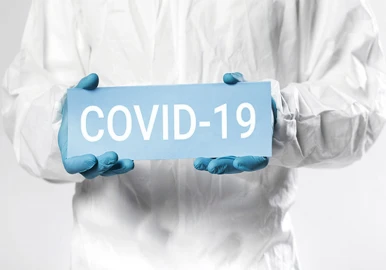
The new Coronavirus (COVID-19) became a pandemic in the early months of 2020 in all over the world and prompted the World Health Organization (WHO) to declare a state of emergency. The new coronavirus was first spread from the Chinese city of Wuhan in a short time and has affected more than 100 countries so far. In this regard, there are many questions about the coronavirus disease for the people of the world, especially the residents of the countries involved, to which it is necessary to provide the scientific and accurate answers. Here, we have tried to answer some of the most frequently asked questions about the coronavirus (COVID-19) citing credible sources especially WHO:
What Is a Coronavirus (COVID-19)?
Coronaviruses are a large family of infectious viruses that can cause disease in both humans and animals. So far, seven types of human coronaviruses have been identified, some of which cause simple illnesses such as the common cold while some others cause illnesses such as SARS and Morse. Although, most coronaviruses affect the lungs and cause respiratory problems, some of them cause damage to other tissues in the body.

What Is Coronavirus Disease (COVID-19)?
Coronavirus disease (COVID-19) is a new infectious disease caused by COVID-19 which is the latest known coronavirus. This new disease which has been detected in Wuhan, China since December 2019, affects a person’s lungs at high speed and causes respiratory problems.
Is COVID-19 the Same as SARS?
No. Although both diseases are caused by the viruses that are genetically similar, there have been no reports of recurrence of SARS (Severe Acute Respiratory Syndrome) since 2003. The death rate of SARS is higher than COVID-19, but due to its lower prevalence rate it affects fewer people.
What Are the Symptoms of COVID-19?
Common symptoms of COVID-19 include fever, dry cough, and shortness of breath. However, the disease may be accompanied by other symptoms such as headache, sore throat, runny nose, sneezing, muscle aches, diarrhea, and so on. According to the WHO, more than 80% of patients with COVID-19 have hidden or mild symptoms that can be treated with primary care. Also, among the people with severe symptoms of the disease, about 1 in 6 people will experience acute respiratory problems. In recent months, the patient statistics around the world have shown that the old people or people with high blood pressure, diabetes, heart and lung problems are more likely to face more severe problems with the disease. Although the new coronavirus has a high prevalence rate, its death rate is as low as to 3 to 4 percent.
How Does Coronavirus Spread?
The main route of transmission of coronavirus is coughing and sneezing. The infected person (although has no symptoms yet) transmits the virus by sneezing or coughing through the particles coming out of their mouth. Therefore, by keeping at least a one-meter distance from the people suspected of having the disease and using a mask, you can prevent getting infected in a polluted area. The coronavirus stays on different surfaces for several hours up to several days, so it can be easily transmitted to a new person by hand contact with contaminated surfaces. To prevent getting sick, it is necessary to use disposable gloves when contacting contaminated surfaces such as ATMs, door handles, elevator buttons, public transportation, etc. and wash hands frequently with water and soap. Touching the eyes, hands, nose, and the mouth with infected hands is a way for the coronavirus to spread quickly in the body.
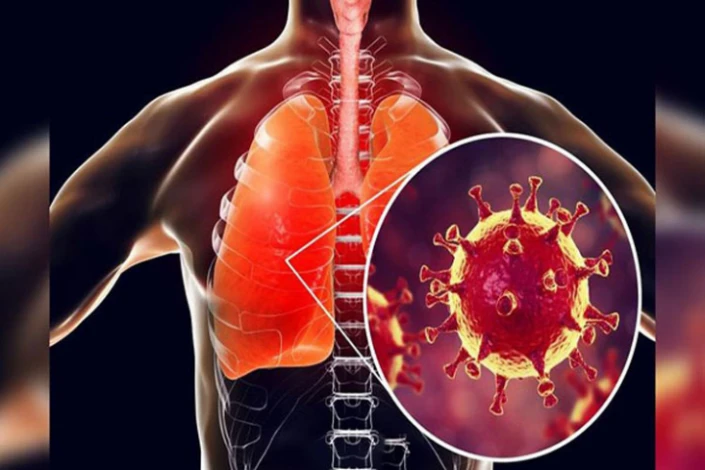
Does Wearing Mask Prevent COVID-19?
Wearing mask does not play a big role in preventing COVID-19. According to the WHO, patients with coronavirus disease with the symptoms such as sneezing and coughing should use N95 medical masks or at least a surgical mask. This prevents the spread of airborne particles and reduces the risk of other people becoming infected.
Is Coronavirus Airborn?
It is not yet possible to say for sure how long the coronavirus will stay in the air. However, it is best to avoid large crowds or approaching people with early signs of the disease, especially those with sneezing and coughing.
Can Coronavirus Spread Through Feces?
Although studies have shown that coronavirus may be found in the feces of an infected person, but there have been no reports of the virus transmission through the feces. However, maintaining good personal hygiene, especially washing hands thoroughly after using the toilet, can greatly reduce the risk of being infected by the virus.
How to Protect against the Coronavirus?
In order to protect against the coronavirus, first and foremost, it is important to limit the ways in which the virus can be transmitted. Also, in the case of being infected, you should follow medical advice in order to control this disease. The following should be considered to protect against the disease:
- Wash hands frequently during the day with soap and water or antiseptic gels.
- Keep a distance of at least one meter from the suspected or infected people.
- Cover the mouth with a tissue or elbow while sneezing and coughing.
- Use disposable gloves while touching contaminated surfaces.
- Inform the early signs of yourself or your family members such as fever, coughing, and shortness of breath to the health care centers.
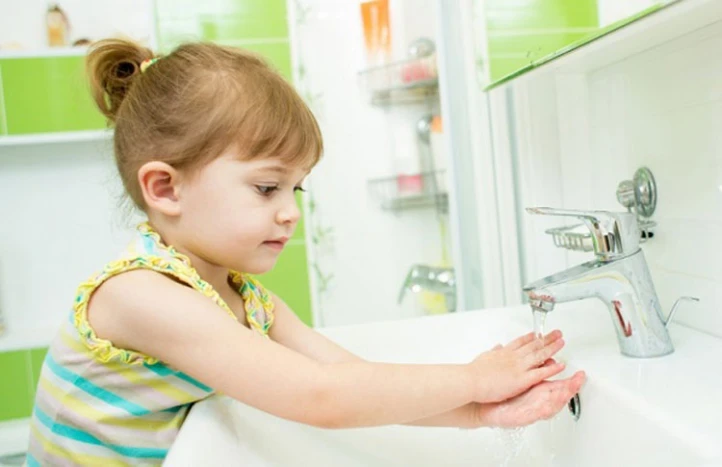
How Long Does the Coronavirus Last on Surfaces?
The persistence of coronavirus varies on different surfaces from a few hours up to a few days. Coronavirus survives on latex gloves and aluminum for 8 hours; on plastic for 2 days; on wood and glass for 4 days; on paper, PVC, ceramic, and Teflon for up to 5 days; and on steel for 3 to 28 days. It should be noted that coronavirus cannot stay long on fabrics and fibers.
How Likely Am I to Catch COVID-19?
Despite its high prevalence rate, coronavirus can be controlled by following health tips. Coronavirus disease is less likely to occur if you try to avoiding crowded areas, have no contact with suspected people, as well as not to touch contaminated surfaces. However, it is important to keep the mentioned health tips constantly in mind. It should be noted that a small percentage of sufferers need to be hospitalized and many others recover at home.
Should I Worry about Catching COVID-19?
If you live in a low-risk area and observe good personal hygiene, you should not worry too much about catching coronavirus. However, due to the mild symptoms and incubation period of the disease in some people, it is better to seriously take into consideration the health issues and take precautions if you are warned by government agencies.
Can Antibiotics Treat the Coronavirus Disease?
Although COVID-19 is an infectious disease, antibiotics are not effective in treating them. Antimicrobial substances are used to treat bacterial infections, not viral infections. Therefore, using antibiotics has no effect on the prevention or treatment of COVID-19 disease and it may be dangerous to use it without a doctor’s prescription.
Is There a Vaccine for the Coronavirus Disease?
Researchers are working to develop a vaccine to prevent or treat coronavirus, but no definite treatment for COVID-19 has been discovered yet. Some possible drugs and vaccines are being examined, so it’s important to follow the news of finding a definite cure for coronavirus only through the official institutions so that you don’t fall into the trap of fraudsters trying to make a profit by introducing counterfeit medicines.
How to Make Homemade Hand Sanitizer?
There are several ways to make a hand sanitizer at home:
Using isopropyl alcohol
Pour a cup of 70% isopropyl alcohol into a spray bottle. Use a few drops of cinnamon essential oil or tea tree oil to scenting the solution. Adding vegan gelatin or aloe vera gel can also prevent your hands from being dried out. Shake the solution until smooth and then use it when needed.
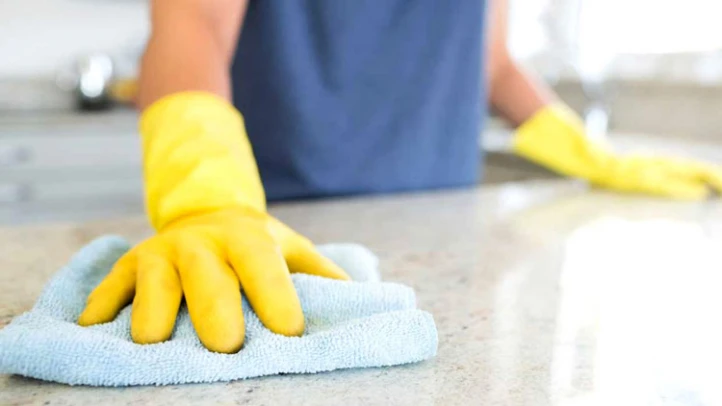
Using rubbing alcohol
The solution obtained in this way is most similar to the disinfecting solutions available in the market. For making, mix 1 tablespoon of rubbing alcohol with some vegetable glycerin and aloe vera gel. Next, add a few drops of cinnamon essential oil and tea tree oil to the solution and then pour distilled water or colloidal silver into it. Your disinfecting solution is ready, but consult your doctor before using it.
Using ethanol
In this method, you can mix two-thirds of 96% ethanol with one-third of hydrogen peroxide and a few drops of glycerin and use it as a spray.
How to Make Sanitizer for Kids?
Due to the children’s sensitive skin to industrial materials and to prevent their skin from drying out, it is better to use herbal ingredients in making disinfecting solution for them. For this purpose, about 20 drops of germicidal oil which is safe for children can be mixed well with a quarter cup of aloe vera gel. The resulting solution should be rubbed on the hands until completely dry.
How to Make Homemade Disinfectant Spray?
Bleach can be used in making homemade disinfectants for surfaces. After sanitizing, the surfaces remain completely clean for 15 to 60 minutes. To make these solution, go to an outdoor space and observe safety principles such as using glasses, gloves, and masks. Mix a tablespoon of bleach with 9 cups of water. The resulting solution is suitable for disinfecting surfaces.
Are Hand Sanitizers and Disinfectant Wipes Useful?
To disinfect your hands, it is best to use soap and water and wash your hands for at least 20 seconds. However, if soap and water are not available, you can use disinfecting solutions, sanitizer gels, or disinfectant wipes. It should be noted that disinfectant wipes have the ability to disinfect the hands if they contain at least 40% alcohol, otherwise, they are not recommended.
How to Prevent Dry Hands after Disinfection?
Due to the fact that it is necessary for everyone to wash their hands frequently with soap and water during the coronavirus pandemic, they may suffer from dry skin. To prevent, you can use lukewarm water, special soaps for dry skin, or moisturizers. Also, using herbs such as aloe vera can be helpful in preventing dry skin. However, it is advisable that people with skin problems such as eczema consult a doctor in this regard.
How to Safely Shop during the Coronavirus Pandemic?
Although staying home and less travel in the city are the best ways to reduce the spread of coronavirus, it is inevitable to buy some of the necessities of life. In order to go shopping during this period, it is better to consider the following points:
Only one of the family members go to make all of the purchases and the rest of the family stay home;
Preferably shop from the reputable online stores. It is better to use a store with the possibility of delivery and disinfect your purchases before bring them into your house; If you need to buy in person, preferably have a fabric bag or basket with you. Be sure to use disposable gloves when using store baskets;
It is better that a young member of the family without any underlying illness go for shopping in the store. Keep in mind to follow all the hygiene tips such as using gloves and mask and keep a distance of at least 1 meter from other people.
Avoid using cash and use your ATM card as much as possible. Be sure to have gloves on when using your ATM card and disinfect your card and your bag after returning home.
Do not buy food without packaging. If you buy any food or item that cannot be disinfected, such as unpackaged nuts, you need to keep them in a separate place at home, for example in parking, for at least 14 days and then use them.

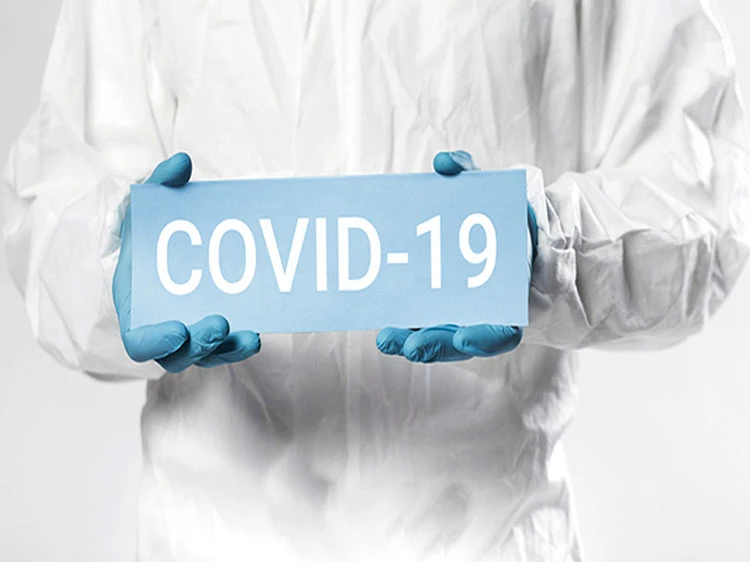

No reviews
Your comment